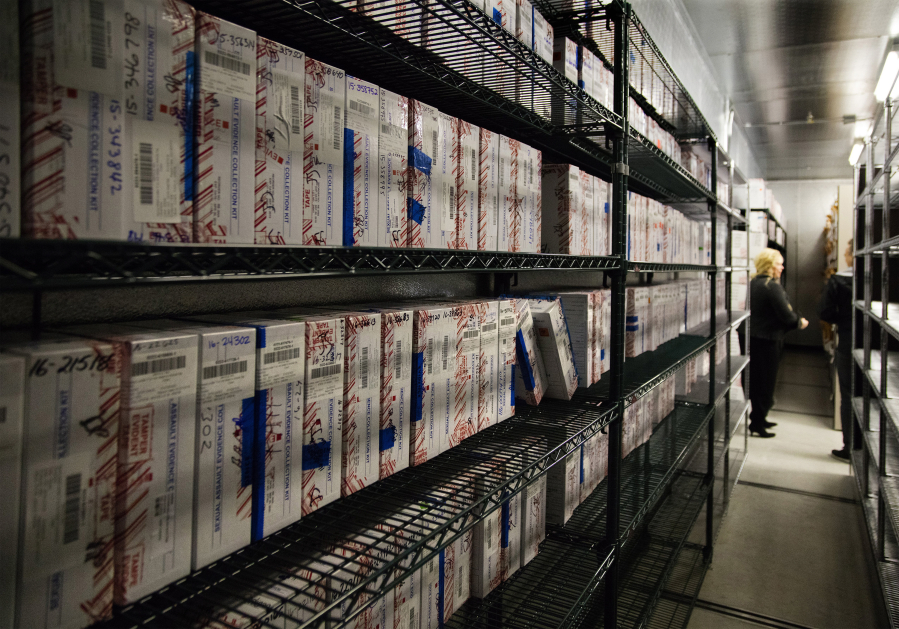Two women received unexpected phone calls from the Vancouver Police Department last year. Their sexual assault kits returned DNA matches to the men police believe raped them about 17 years ago.
The cases are not connected; they were reopened when two of the thousands of sexual assault kits in a statewide backlog were submitted for testing in recent years and returned suspect names.




